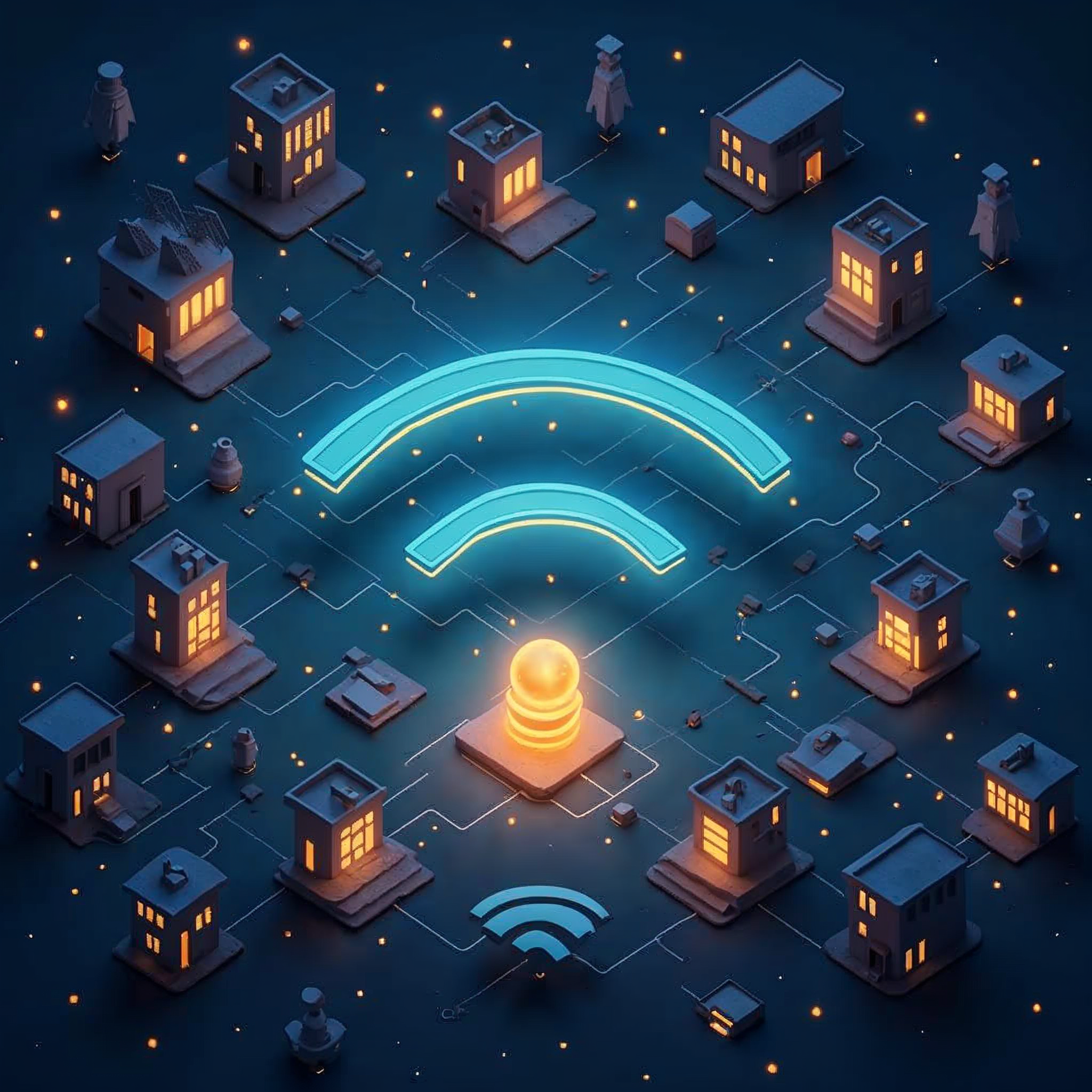Boosting Property Value with Smart Home Technology: A Guide for Property Managers
Incorporating smart home technology into residential properties is becoming increasingly essential for property managers aiming to boost property value and appeal to tech-savvy tenants. By integrating devices such as smart thermostats, security cameras, and lighting controls, property managers can create a living environment that not only enhances tenants’ comfort but also significantly improves energy efficiency. This approach not only reduces operational costs but also promotes sustainable living, attracting tenants who prioritize modern amenities. With the growing demand for such features, property managers have a unique opportunity to stay ahead in the competitive real estate market. This guide will provide insights into effectively implementing smart home technology to increase property value and occupancy rates.
Enhancing Property Value with Smart Tech
Smart home technology is reshaping the real estate landscape, offering property managers innovative ways to increase property value and appeal. This section explores the integration of smart devices and their impact on energy efficiency and cost reduction.
Integrating Smart Devices
Smart devices are becoming essential components in modern homes, offering convenience and enhanced functionality. Property managers can significantly boost property value by incorporating these technologies.
The integration process typically involves selecting and installing devices that align with tenant needs and property goals. This may include smart thermostats, security systems, and lighting controls.
Green Ocean Property Management suggests that properties equipped with smart technology can command higher rental rates and attract quality tenants. The key is to choose devices that offer tangible benefits and are user-friendly.
Implementing a cohesive smart home ecosystem requires careful planning and may involve professional installation to ensure seamless operation and compatibility between devices.
Energy Efficiency and Cost Reduction
Smart home technology plays a crucial role in improving energy efficiency and reducing costs for both property managers and tenants. These benefits contribute significantly to increased property value.
Smart thermostats, for instance, learn occupants’ schedules and preferences, automatically adjusting temperature settings to optimize comfort and energy use. This can lead to substantial savings on heating and cooling costs.
Energy-efficient lighting systems with motion sensors and scheduling capabilities further reduce electricity consumption. Smart power strips can eliminate standby power draw from electronics, contributing to overall energy savings.
Water management systems with leak detection and smart irrigation controls help conserve water and prevent costly damage from undetected leaks. These features not only save money but also appeal to environmentally conscious tenants.
By showcasing these energy-saving features, property managers can justify higher rental rates while offering tenants the prospect of lower utility bills, creating a win-win situation.
Attracting Tech-Savvy Tenants
The integration of smart home technology serves as a powerful tool for attracting and retaining tech-savvy tenants. This section delves into the appeal of modern amenities and the benefits of sustainable living that these technologies offer.
Modern Amenities Appeal
Tech-savvy tenants are increasingly seeking properties equipped with the latest smart home features. These modern amenities can significantly enhance a property’s appeal and competitive edge in the rental market.
Smart home systems offer convenience and control that many tenants now expect. Features like voice-activated assistants, smartphone-controlled locks, and remote-access security cameras are particularly attractive.
SmartRent reports that properties with smart home technology often see increased demand and can command higher rental rates. This increased appeal can lead to faster occupancy and reduced vacancy periods.
Property managers can leverage these modern amenities in marketing materials, highlighting the tech-forward nature of their properties to attract discerning tenants who value innovation and convenience in their living spaces.
Sustainable Living Benefits
Smart home technology not only offers convenience but also supports sustainable living practices, which are increasingly important to many tenants, especially younger generations.
Energy management systems allow tenants to monitor and reduce their energy consumption, promoting eco-friendly habits. Smart irrigation systems conserve water by adjusting to weather conditions and plant needs.
Waste reduction features, such as smart recycling bins that track and sort recyclables, can appeal to environmentally conscious tenants. These technologies demonstrate a property’s commitment to sustainability.
By emphasizing these sustainable living benefits, property managers can attract tenants who prioritize environmental responsibility, potentially leading to longer tenancy periods and reduced turnover rates.
Smart Technology for Property Managers
Smart home technology offers significant advantages for property managers beyond tenant attraction. This section explores how these technologies can reduce operational costs and improve the overall tenant experience.
Reducing Operational Costs
Smart technology can significantly reduce operational costs for property managers, leading to improved profitability and efficiency in property management.
Remote monitoring systems allow property managers to address issues promptly, often without the need for on-site visits. This can reduce maintenance costs and prevent small problems from escalating into costly repairs.
Automated systems for HVAC, lighting, and water management in common areas can lead to substantial energy savings. These systems can adjust based on occupancy and time of day, optimizing resource use.
Arlington Realty Management notes that smart locks and keyless entry systems can reduce the time and cost associated with key management and locksmith services. This also enhances security by allowing easy code changes between tenancies.
Predictive maintenance algorithms can alert property managers to potential equipment failures before they occur, allowing for proactive maintenance and reducing emergency repair costs.
Improving Tenant Experience
Smart home technology can significantly enhance the tenant experience, leading to higher satisfaction rates and longer tenancy periods.
Automated maintenance request systems integrated with smart home devices can streamline the repair process. Tenants can report issues quickly, and property managers can often diagnose problems remotely.
Smart security systems provide peace of mind for tenants. Features like video doorbells and smart locks offer enhanced safety and convenience, which are highly valued by residents.
LinkedIn reports that properties with smart home features often see improved tenant satisfaction scores. This satisfaction can lead to positive reviews and word-of-mouth recommendations, benefiting the property’s reputation.
Customizable smart home features allow tenants to personalize their living spaces, creating a sense of ownership and comfort that can encourage longer lease terms and reduce turnover rates.




